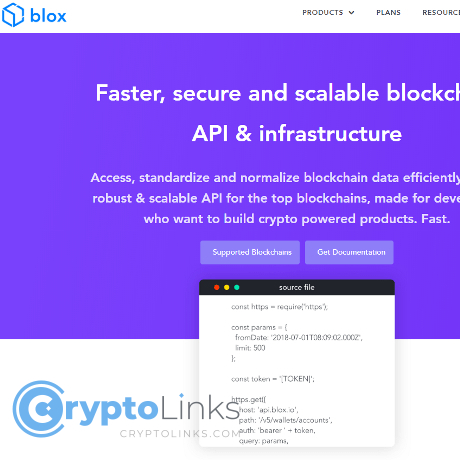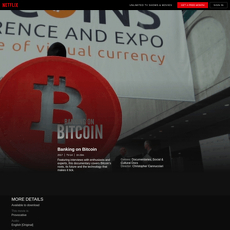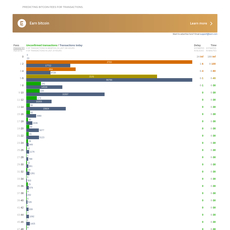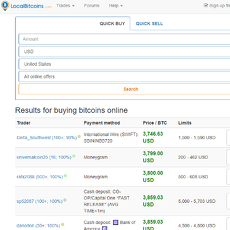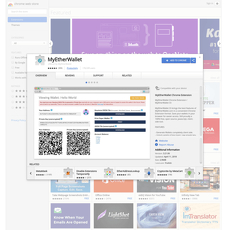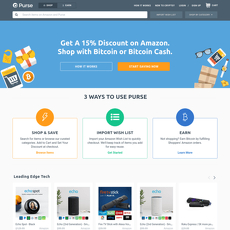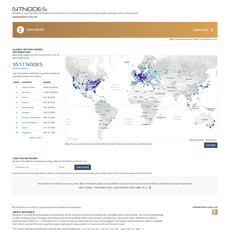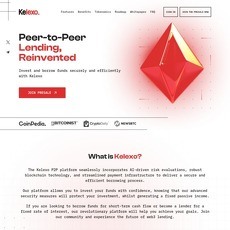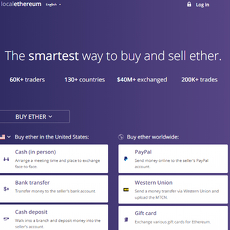Blox API Review
Blox API
www.blox.io
To developers, Application Program Interfaces APIs are vital integrations tools that allow the interoperability of two or more software. In essence, developers do not have to build applications from the ground up since they can plug in existing APIs to source for data and resources crucial to the smooth running of their apps. Seeing that the crypto space is increasingly pushing for more interoperable blockchain applications, it is, therefore, not surprising that the crypto API providers have suddenly begun to enjoy prominence in the crypto community.
One such API provider is Blox. In this review, we have dissected the workings of Blox API, explored its pros as well as examine its downsides.
What is Blox API?
Blox is one of the leading crypto accounting software providers we have today. Hence, it is safe to say that the platform has gone a step further to capitalize on its extensive knowledge in data integration services to develop an API software for developers looking to integrate data from exchanges, blockchains, or wallets. According to the information gathered from the website, Blox API service provides access to multiple data sets from established crypto service providers and blockchains. Blox claims that its API service “fetches a complete data set for your transactions and historical activity in simplicity and accurately, with minimum downtime.”
At the time of writing this review, Blox API supports a broad array of blockchain, wallets, and exchanges. They include Binance, Bitcoin, EOS, Litecoin, CoinBase Pro (GDAX), Stellar, Bitstamp, KuCoin, Dash, Kraken, Bittrex, Bitcoin Cash, Poloniex, Ethereum, HitBTC, Ethereum Classic, OKEx, NEO, Houbi, Ripple, Bitfinex, BitGo, and CoinBase. For each platform supported, Blox promises to offer a secure, reliable, efficient, and scalable integration infrastructure for fast, simple, and accurate data importation processes. As such, developers do not need to consider the intricacies of blockchains or crypto platforms when building their applications. All they need to do is incorporate Blox API, which provides a flexible integrations system.
What Are the Data Sets You Can Use Blox API To Fetch?
As stated earlier, Blox API is compatible with wallets, exchanges, and blockchains. Therefore, as a developer, you can import vital wallet details like balances and transaction histories. The same applies to integrations with the exchanges mentioned above. Blox API provides detailed information relating to the trades executed on exchange accounts. Likewise, developers, via Blox’s integration system, can fetch blockchain stats like token transfers and transaction histories. Blox can provide accurate and real-time blockchain data because it operates full blockchain nodes on all supported coin networks.
What Are the Pros of Using Blox API?
It Supports Multiple Popular Platforms
Blox has ensured that its API software supports a wide array of crypto services. More importantly, the API provider has targeted popular crypto service providers, which bodes well for developers looking to create applications for a wide demographic of crypto participants.
Its API Has Low Latency
When it comes to data importation and analysis, low latency is one of the vital requirements for ensuring that the entire process is seamless. API Integration tools that cannot deliver seamless data importation will eventually cripple the user experience of applications that depend on them for sourcing data. While noting this requirement, Blox has ascertained that its API has low latency. In other words, developers incorporating Blox API can fetch a high number of data sets without experiencing delays.
Blox API Is Scalable
Scalability is another important factor that every developer must consider before choosing a crypto API. In the case of Blox API, it guarantees a scalable infrastructure that allows a high level of calls. Using Blox API provides the system necessary to make a high number of data requests without encountering problems or experiencing reduced data importation speed. Also, the tool offers a better means of adopting more blockchains or crypto platforms. Hence, developers do not need to go through the hectic process of manually implementing new protocols on their apps to make it compatible with more blockchains. Instead, Blox API comes with scaling functions suitable for developers with plans to increase the number of blockchains and platforms they require their apps to support in the future.
Data Are Accurate
It makes no sense to adopt an API that has a reputation for importing wrong or inaccurate data. Doing this eliminates the validity of whatever data analysis performed using such a data sourcing tool. Thus, Blox has emphasized on offering API services that do not just value speed and scalability but ensure that all data imported from third-party apps or blockchains are accurate.
There Is Little or No Downtime
It is almost impossible to find a data integration service that will promise its users zero downtime. And while Blox API does not guarantee scenarios where the API service is unavailable for one reason or the other, it does promise to do all it can to minimize the occurrence of service downtime.
Blox API Provides Documentation
Blox has incorporated a transparent system by providing documentation, which will also make it easier for developers to integrate it into their software.
Developers Can Test the API Before Fully Integrating It
It is vital to ascertain that the APIs you are considering work perfectly with your application. Hence, Blox allows developers to test their products before going all in to integrate it into their software. With this, it is easy to identify errors or factors that might stifle the integration or compatibility of Blox API to your application. Allowing users to test the product beforehand will save both parties from unnecessary headaches.
What Are the Cons of Using Blox API?
Limited Blockchain And Crypto Platforms Supported
Although Blox API has provided data integration systems for a sizable number of popular crypto platforms and blockchains, it, however, might not cater to developers striving to import data from a more expansive array of crypto infrastructures. To these developers, the number of blockchains/wallets/exchanges that the API supports may be insufficient to cater to their requirements.
There Is No Information on How Much It Cost to Incorporate The API
It is impossible to compare the Blox API pricing with other API providers because there is no information detailing the cost of adopting its service. This lack of transparency might discourage some potential clients.

